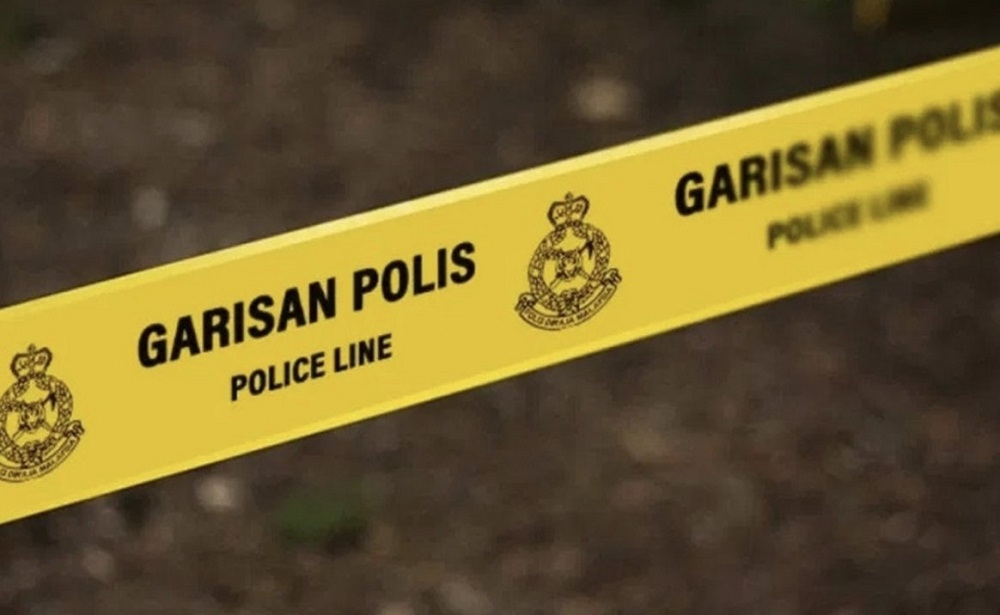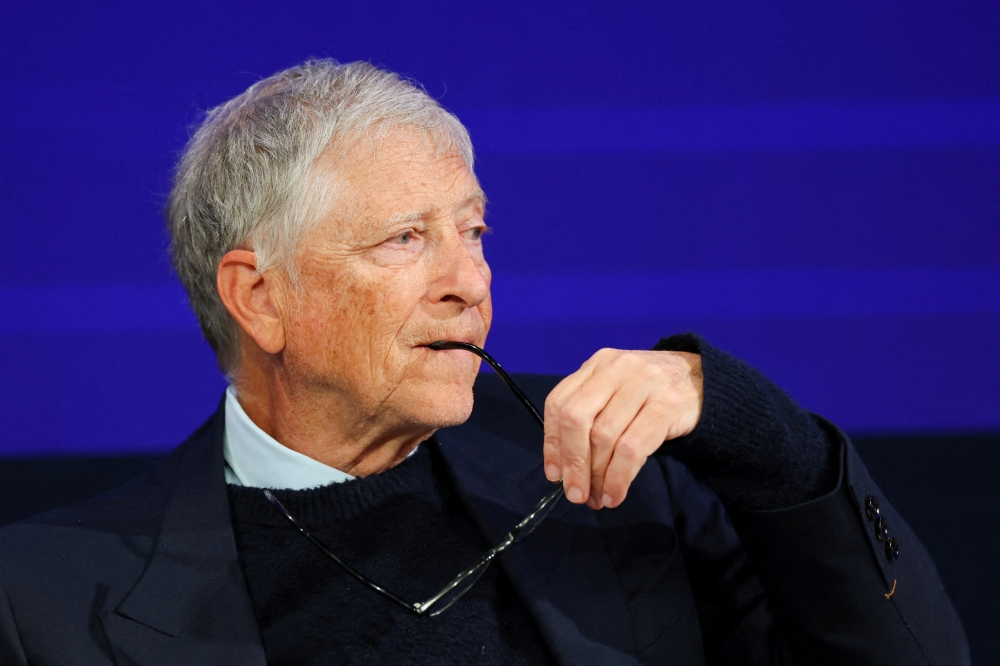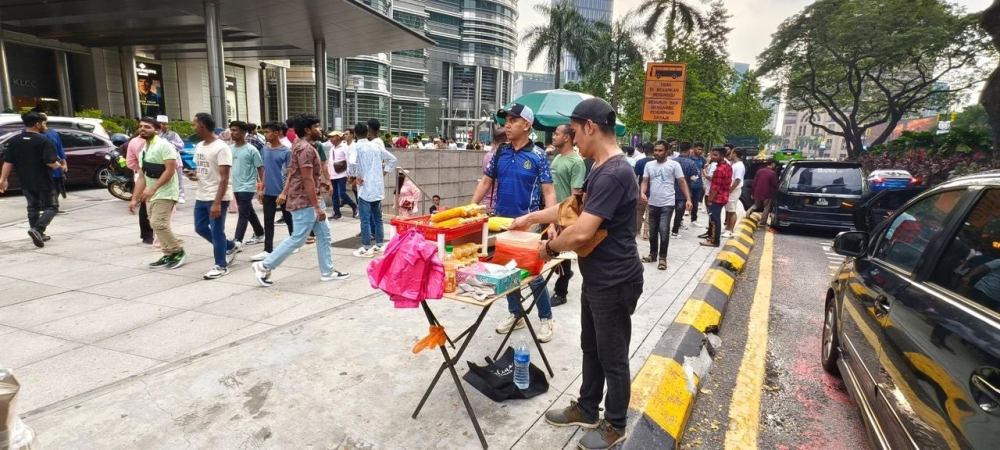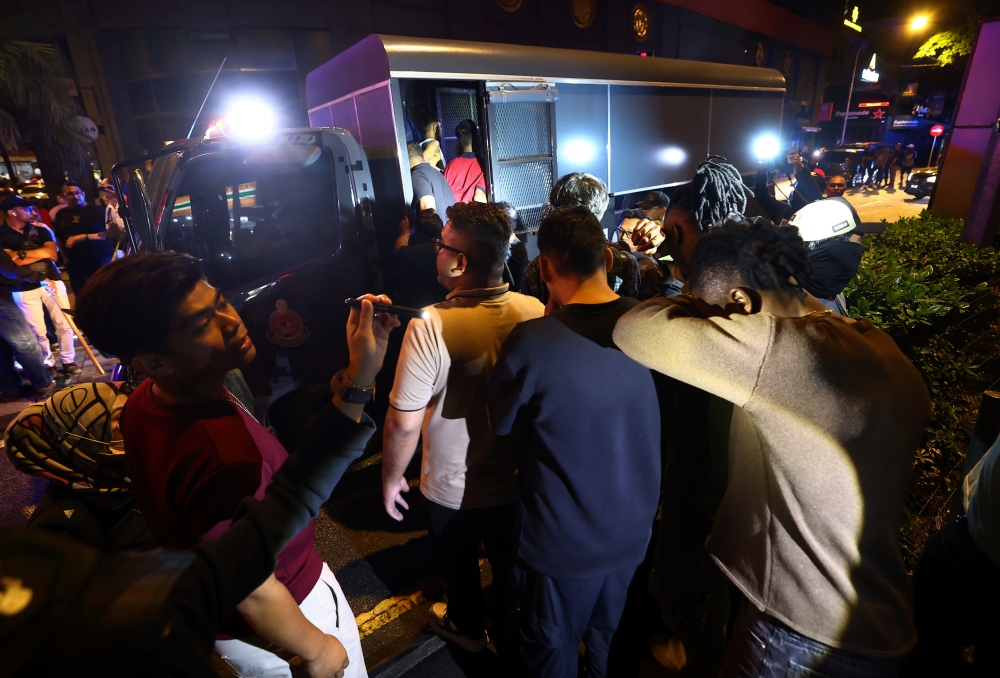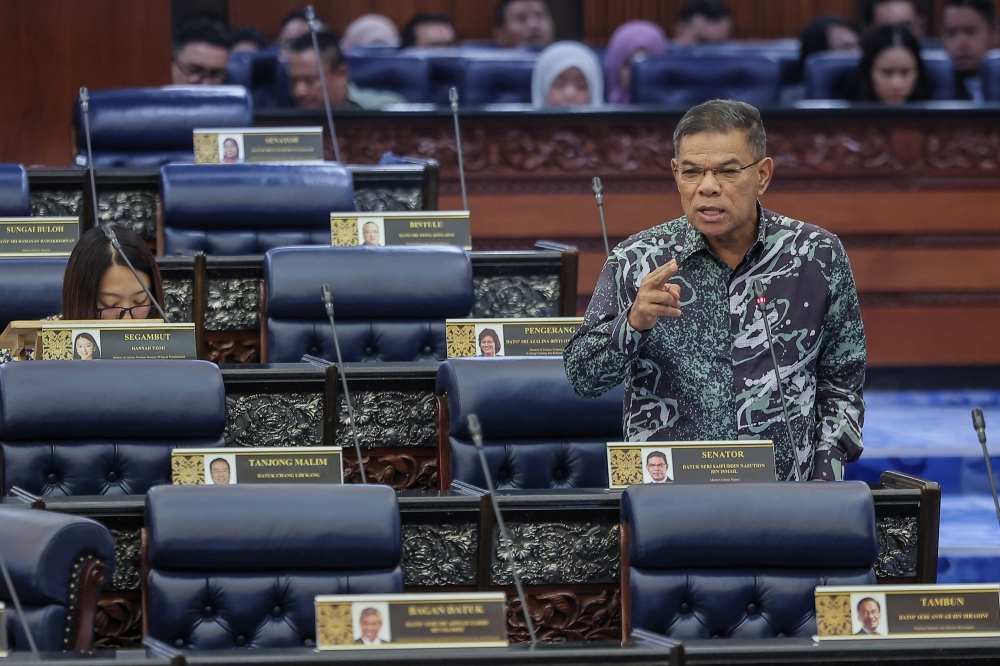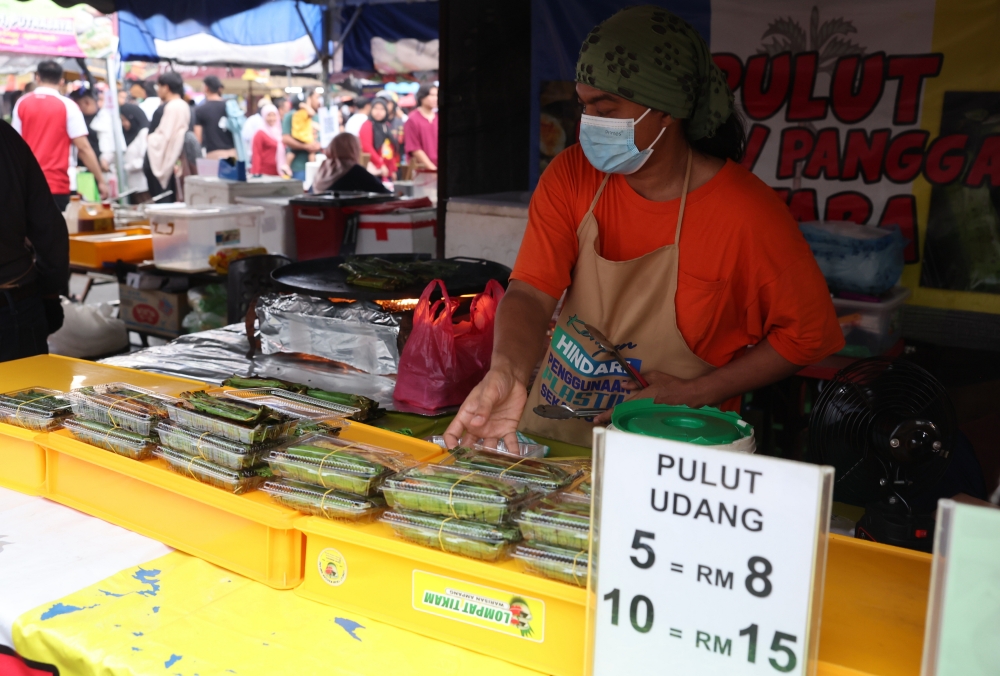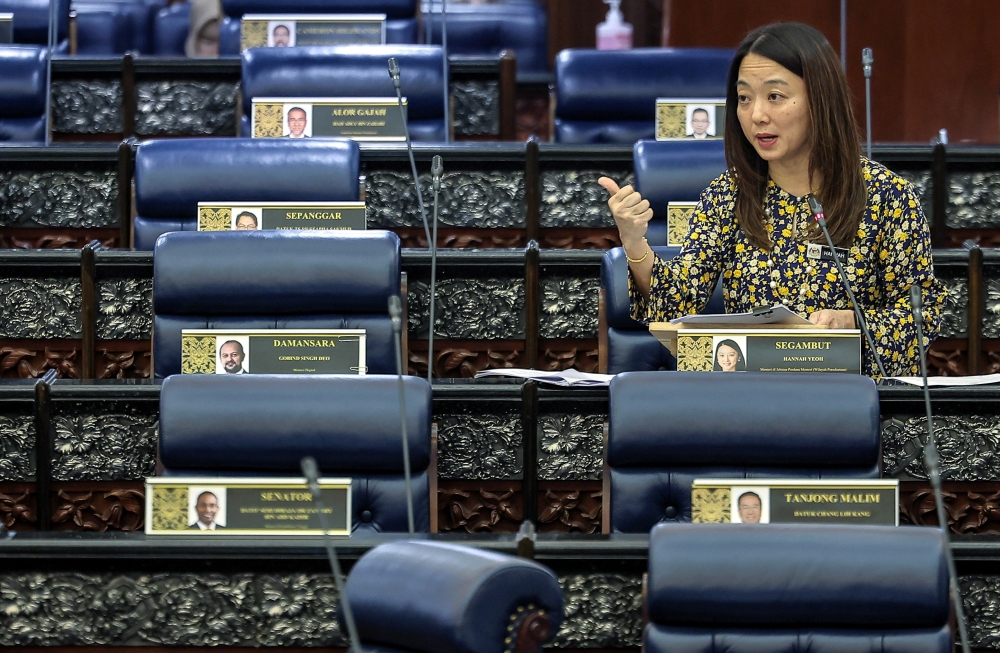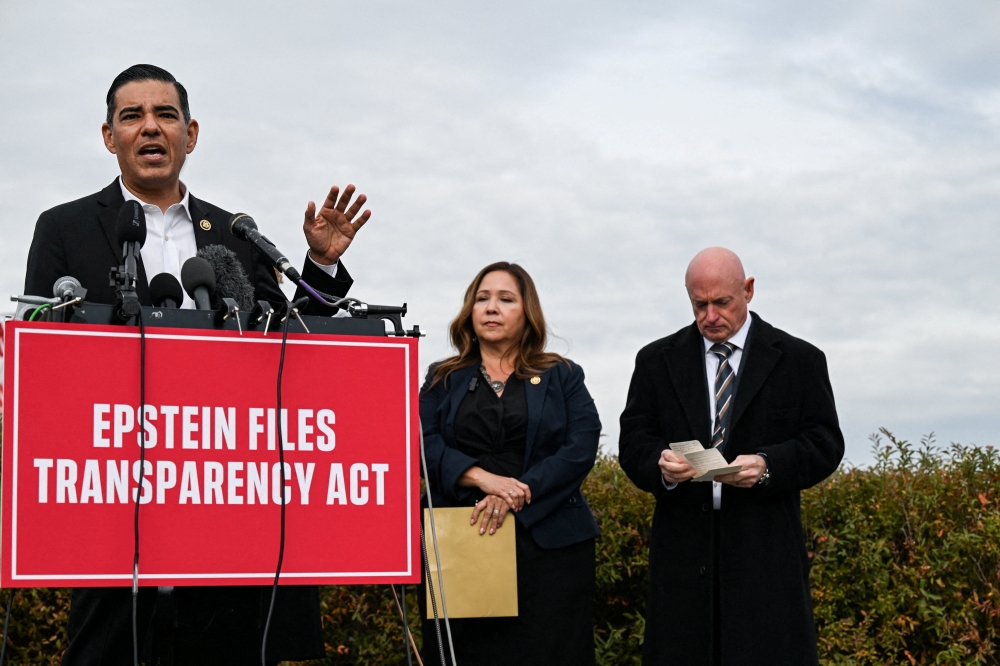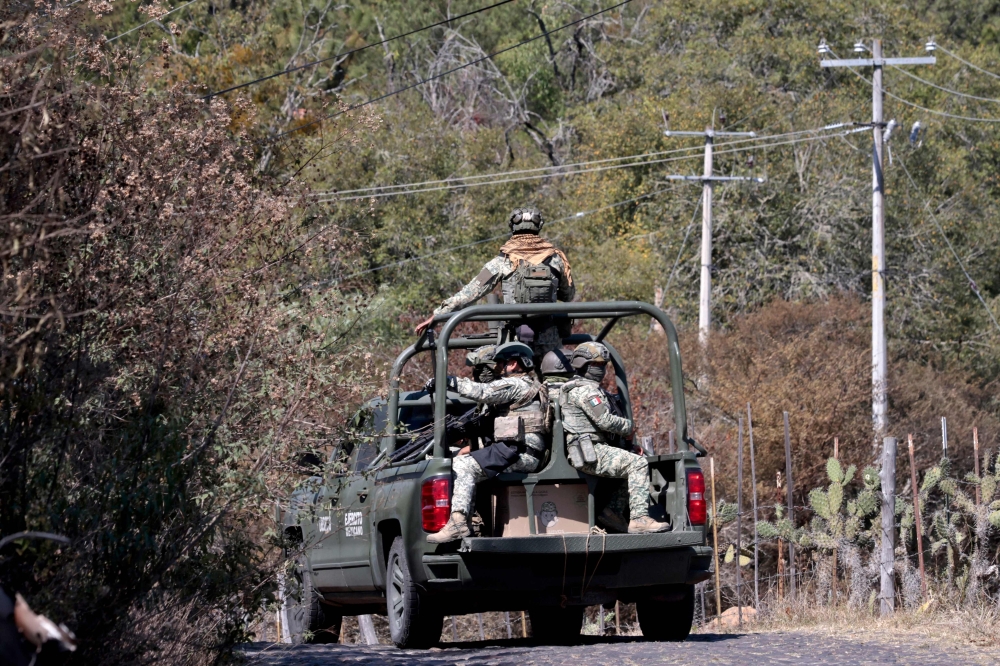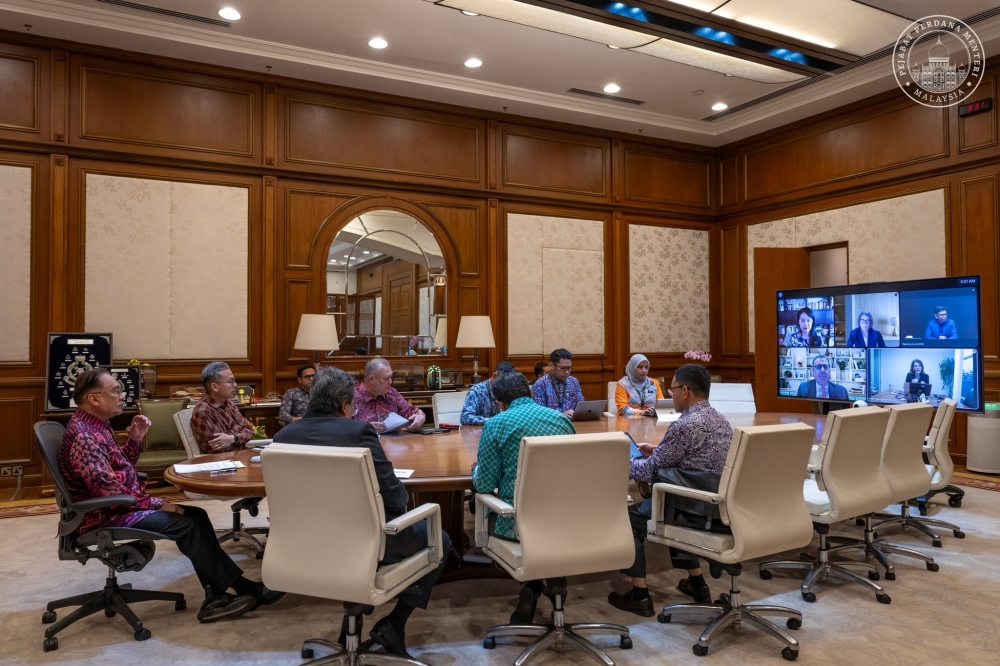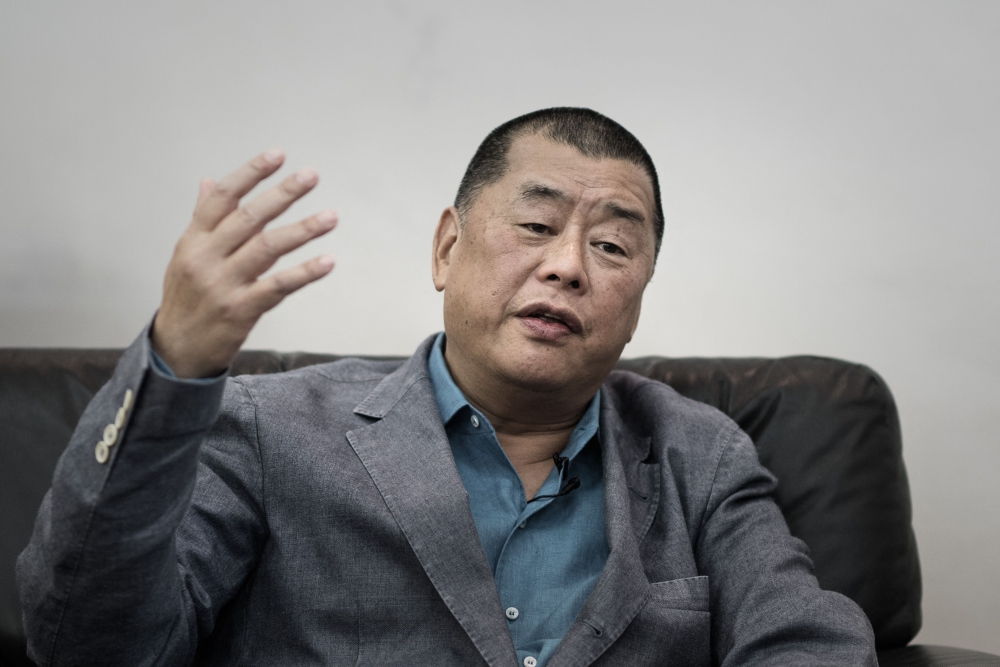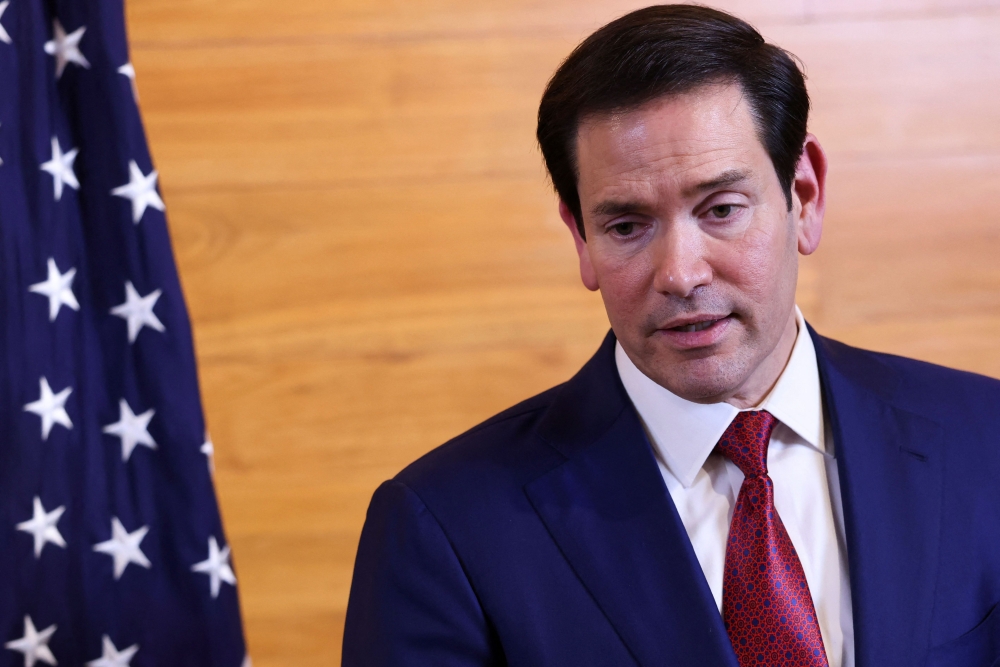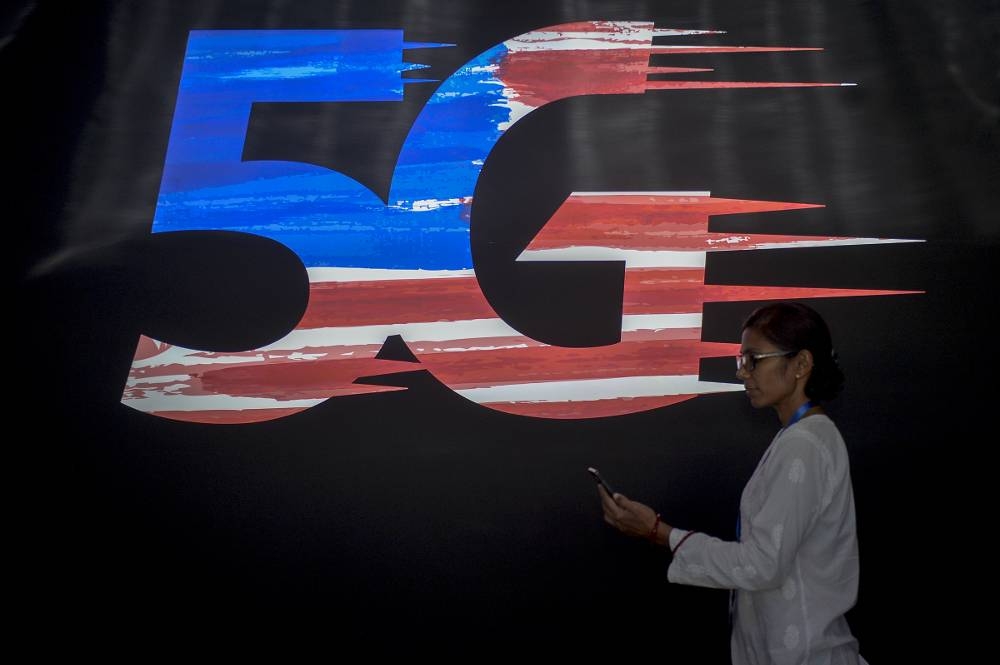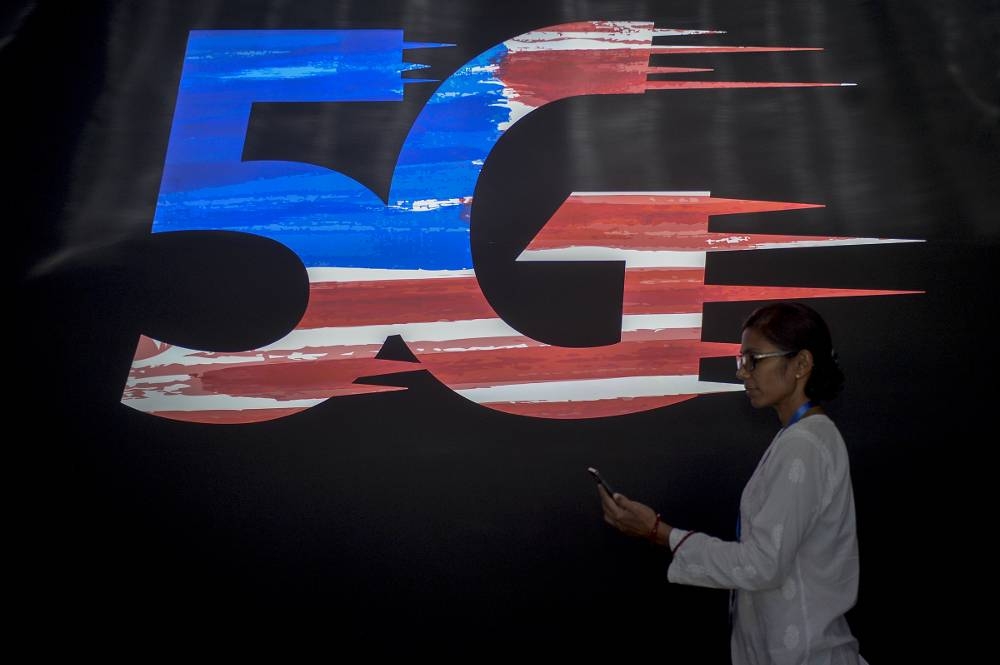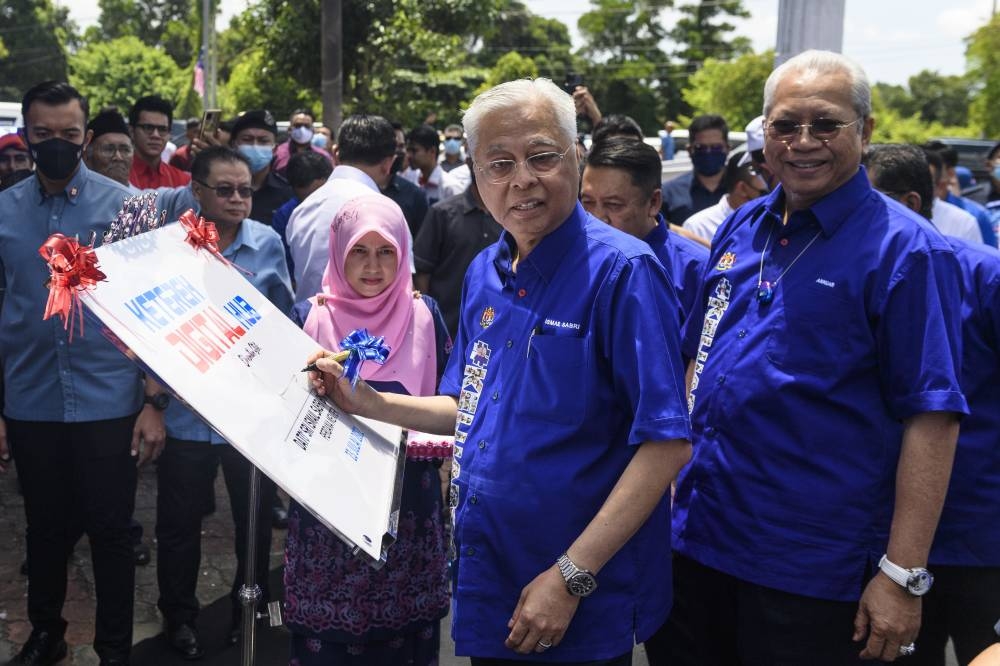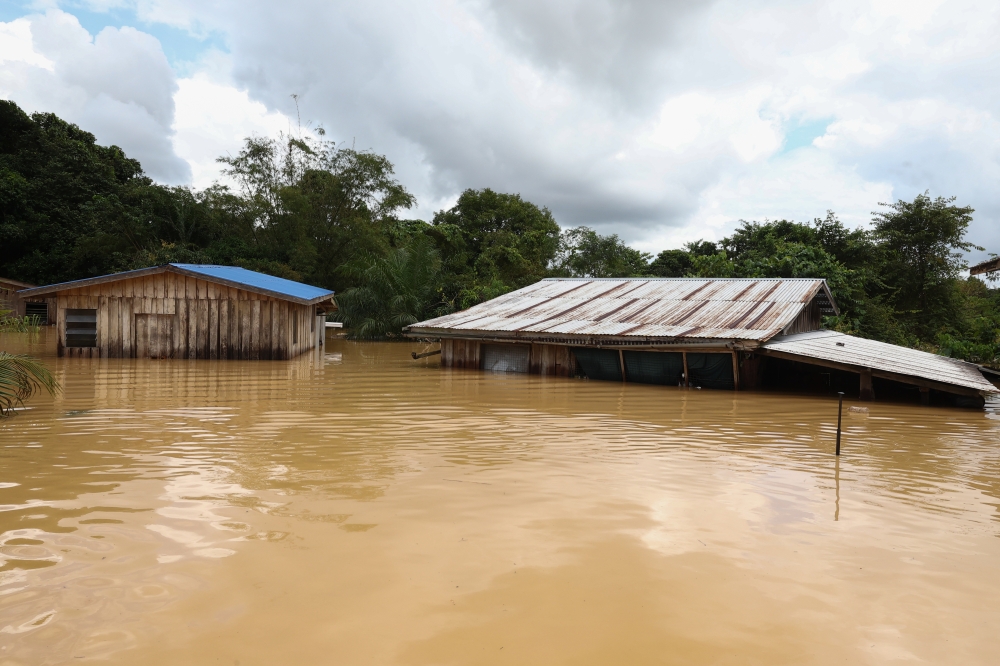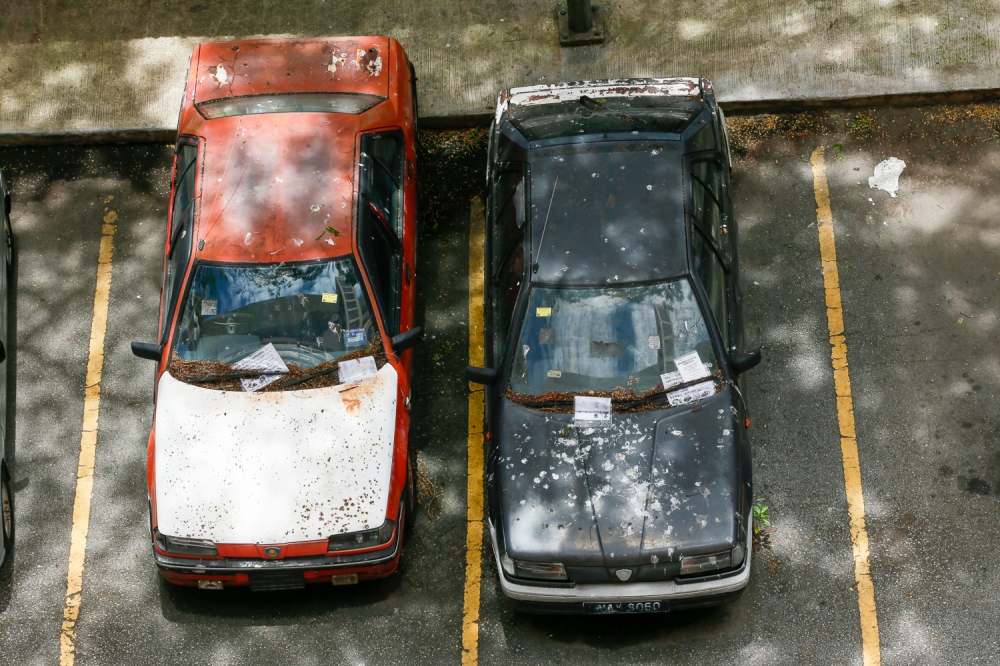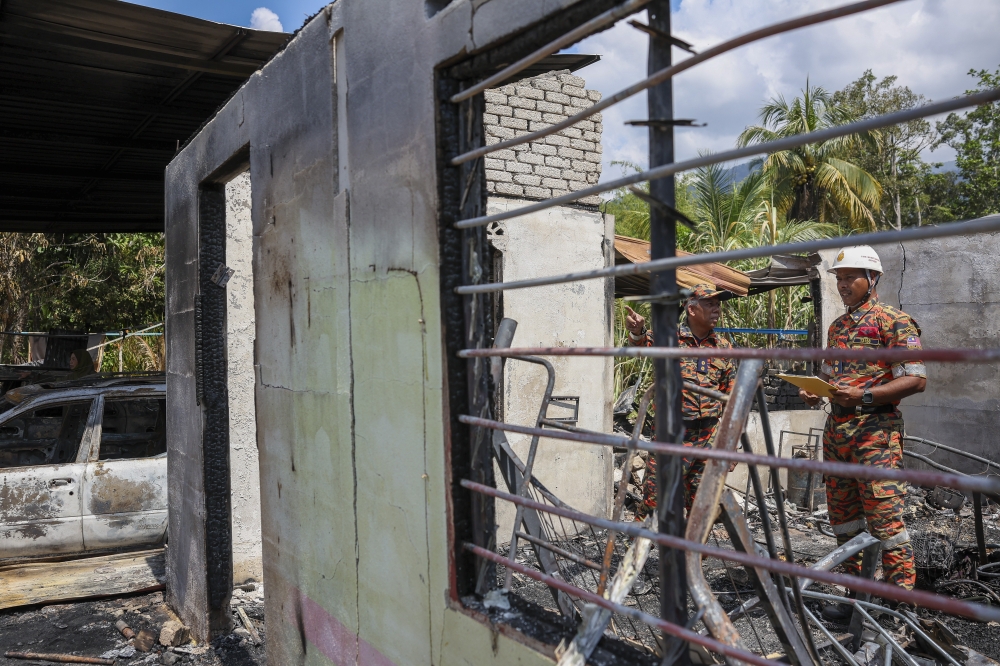KUALA LUMPUR, Aug 16 — Kuala Lumpur is only behind Seoul in terms of 5G download speeds among major metropolitan cities in the Asia-Pacific, according to Opensignal's latest report released today.
The network and market analyst's report titled "The 5G experience in Apac’s biggest cities" showed that Kuala Lumpur's 5G down speeds is currently clocking in at 376.6 Megabits per second (Mbps), 20.3 per cent slower than that of heavyweight Seoul, whose speeds are hitting 453.1 Mbps.
However, Opensignal attributed this to the specific market situation of 5G in Malaysia, of which only one telco operator is already using Malaysia’s national wholesale 5G network Digital Nasional Berhad (DNB).
"The main operator that is using DNB — Yes — only launched relatively recently. Yes began with a soft launch in December 2021 before doing a full commercial launch in late May 2022.
"As a result, the DNB is currently operating with much fewer users and a much lighter load than most 5G city networks across the region," it said.
The report also showed that Kuala Lumpur's download speed improvement ratio score stands at 19.0, leaving other major cities in the region far behind, such as second-placed Manila (7.3) and third-placed Bangkok (6.8).
It also said that Kuala Lumpur's download speed improvement score is 19 times higher than its predecessor, the 4G network.
Opensignal also attributed to the only recent launch of 5G and the light usage of DNB.
"While it is still early days for 5G in Malaysia, Kuala Lumpur’s inhabitants saw a huge difference in their average download speeds when they connected to 5G instead of 4G.
"In fact the city’s 5G Download Speed score is an incredible 19 times higher than its 4G Download Speed score," it said.

The report also showed that Kuala Lumpur is currently enjoying the fastest 5G upload speed among Asia Pacific regions, ahead of second-placed Seoul and third-placed Taipei.
It said that 5G upload speeds in Kuala Lumpur are currently clocking up to 52.8 Mbps, while Seoul's 5G upload speed stands at 40.6 Mbps, and Taipei at 39.1 Mbps.
However, in terms of 5G reach and availability, Kuala Lumpur's ranking in the report is quite poor, which according to Opensignal, shows that Malaysia has a long road ahead in terms of 5G deployment.
Malaysia's 5G availability — which refers to the percentage of time users are connected to the 5G network — is only at 10.9 per cent, fourth from the bottom among the 11 Asia-Pacific countries.
Ranking highest is Seoul (43.4 per cent), followed by Taipei (30.2 per cent) and Bangkok (27.7 per cent).
In terms of 5G reach — which refers to how often users are able to find a 5G signal in the locations they visit — Kuala Lumpur is second last at 2.5 on a 10-point scale, only ahead of Jakarta, at 0.6.
"Seoul had the highest score (7.6 points on a 10-point scale), while Jakarta placed last with 0.6 points.
"Of the cities we’ve analysed here — Jakarta, Kuala Lumpur, Auckland and Tokyo are towards the bottom of both charts for 5G Availability and 5G Reach, and so have the longest road ahead in terms of 5G deployment," it said.

The whole contention over 5G rollout in the country began when the government decided to create DNB, a special purpose vehicle to roll out a 5G network in the country under a single wholesale network model.
Telecommunication companies (telcos) however wanted a natural migration of their own networks from 4G to 5G.
After much objection from the telcos who had proposed a dual wholesale network to counter the SWN, the government decided to offer 70 per cent stake in DNB to the players and keep 30 per cent, while holding a golden share.
Yesterday, Malay Mail reported that all six Malaysian mobile telcos have agreed to take up equity stakes in DNB, with an access agreement the final step in ending years of delays that set Malaysia behind regional peers in offering the technology.
Finance Minister Datuk Seri Tengku Zafrul Abdul Aziz said finalising terms that outline issues such as network quality, dispute resolution and most crucially cost, was targeted for the end of the month.
The deal to take up a stake in DNB also requires shareholders to be 5G access seekers — they must also buy 5G capacity from DNB — and the minister warned that foreign players were "knocking on our doors" to participate.

